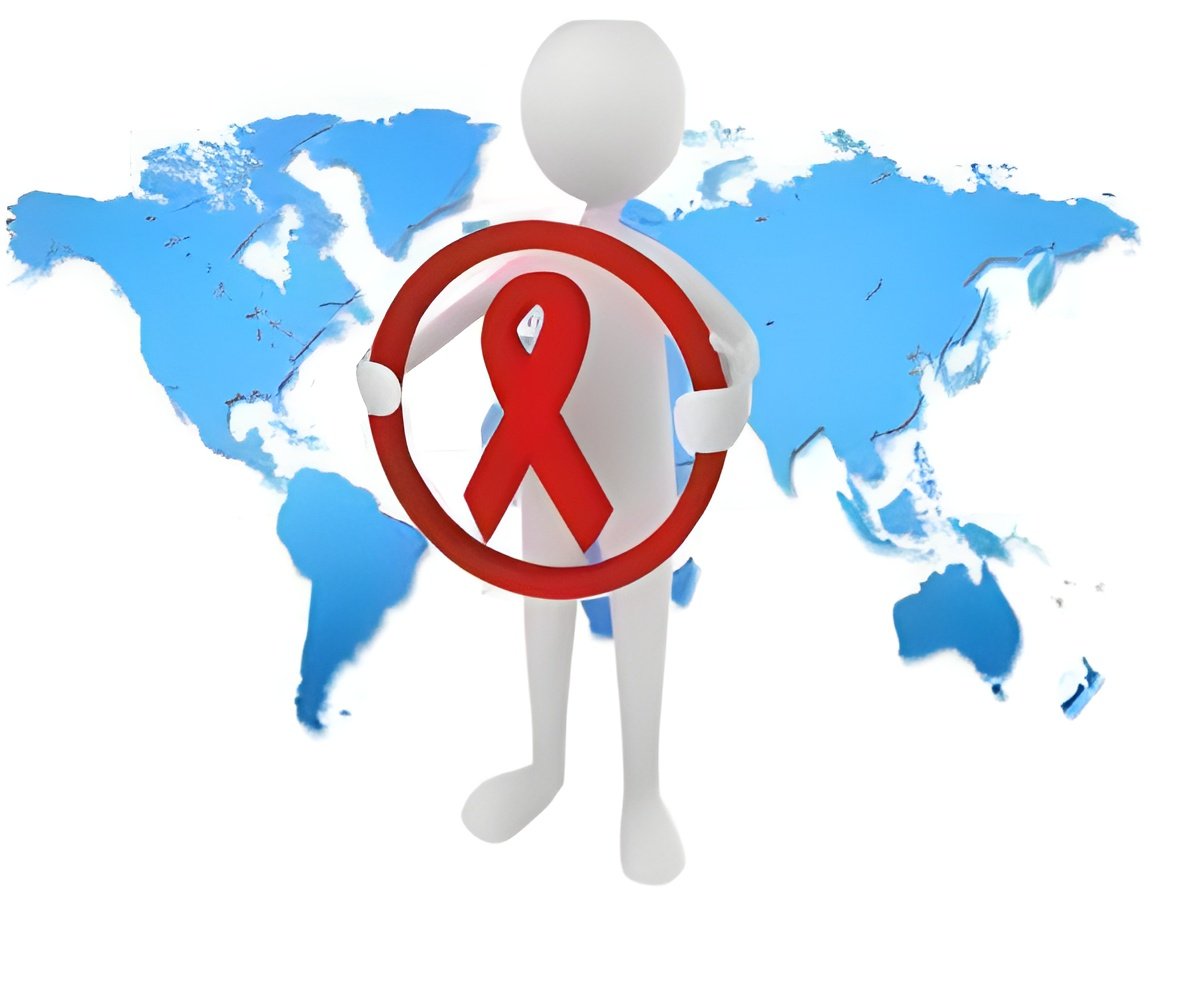Despite 30 years of campaigning, activism and research, HIV remains the sixth biggest cause of death in the world, yet for many the virus is seen as 'old news'.

The publishers noted that despite 30 years of campaigning, activism and research, HIV remains the sixth biggest cause of death in the world, adding that yet for many people the virus is seen as old news, with discussion and debate relegated to just one or two days a year when key communities and organisations around the world force the issue back onto the news agenda.
Vangardist CEO Julian Wiehl said the lifestyle magazine had a responsibility to address issues shaping society and topics affecting its readers.
Saatchi & Saatchi Switzerland executive creative director Jason Romeyko, who helped create the issue, said with this unique project, they want to create a response in a heartbeat by transforming the media into the very root of the stigma itself by printing every word, line, picture and page of the magazine with blood .
Source-ANI
 MEDINDIA
MEDINDIA




 Email
Email






